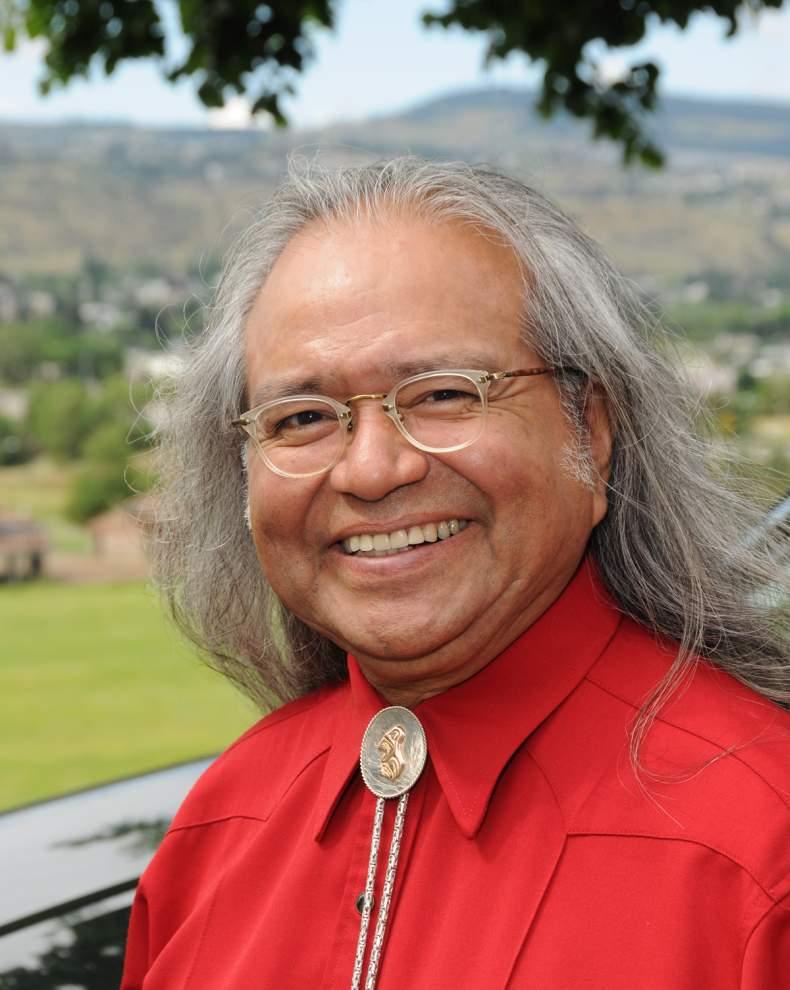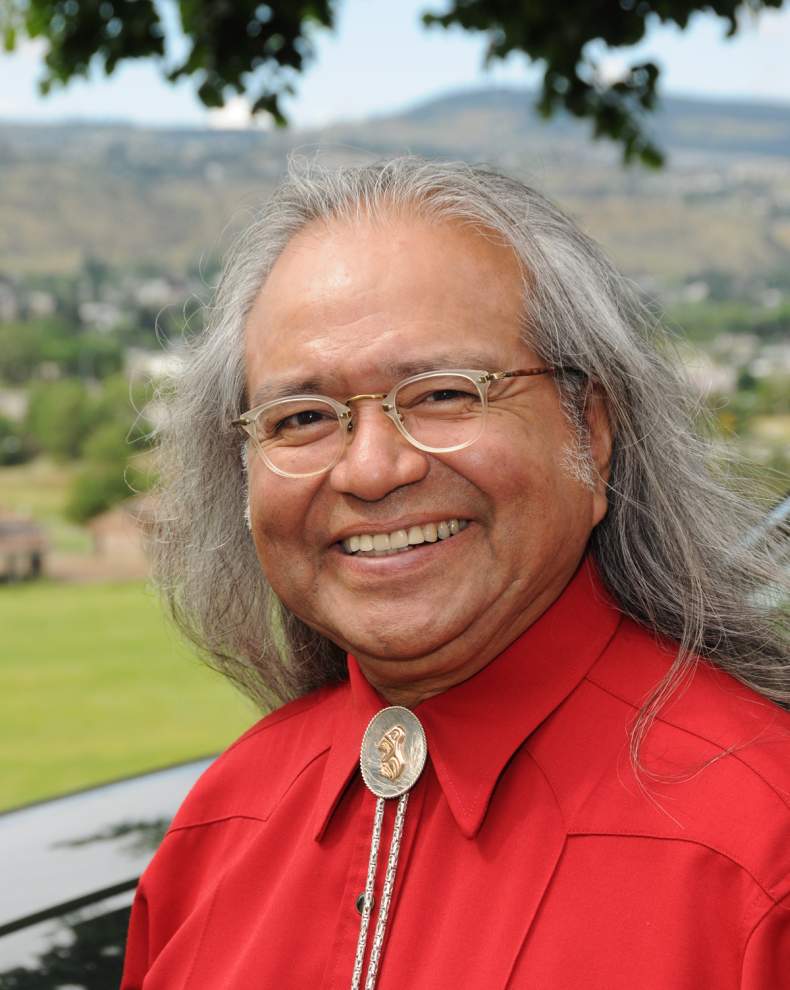PARLIAMENT HILL—More than once, the “colonizers” have tried to get land First Nations lived and hunted on. This is not one of those times.
But a plan in the works that will allow aboriginal communities to sell reserve land makes many First Nations deeply uncomfortable because it strikes at the fundamental guarantee of their culture and identity—their connection to the land.
Grand Chief Stewart Phillip of the Union of B.C. Indian Chiefs sums up the pending legislation, known as the First Nations Property Ownership Initiative, as the Harper government’s effort to fast-track assimilation.
“They just want to get out from under the burden of the Aboriginal file, so to speak, in this country.”
The plan’s advocate is former Kamloops band chief Manny Jules. Jules, chief commissioner of the First Nation Tax Commission, is known for his work to create the commission so reserves could collect property taxes from third-party businesses operating on their land—money used to improve infrastructure and basic services.
But his recent efforts on land reform have gained little support in “Indian country,” according to many sources. Any mention of turning reserve lands into something that can be sold is met with deep distrust by most aboriginal leaders due to a long history of bad deals, broken treaties and legislation aimed at forced assimilation, including the residential school system.







